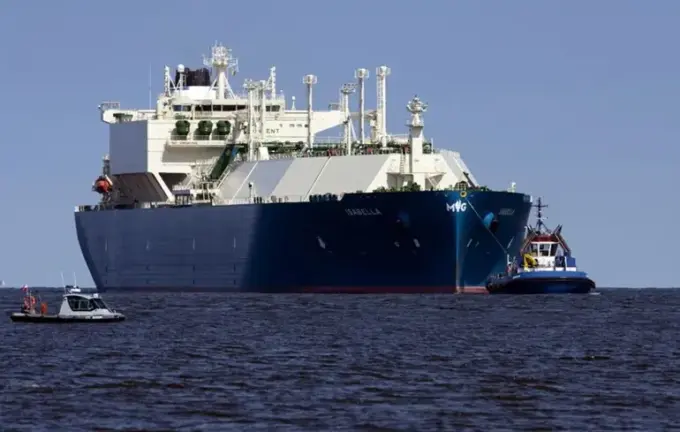EU prepares for complete replacement of Russian LNG: US and Qatar play key roles in new energy strategy

The European Union is making significant efforts to achieve energy independence from Russia by diversifying natural gas supply sources and preventing future energy crises.
Following the implementation of new sanctions against Russia for its aggression in Ukraine, the EU has decided to ban the import of Russian liquefied natural gas (LNG) starting January 1, 2027, a year earlier than initially planned.
This move obliges European countries to secure alternative supplies by the end of 2026 to avoid potential price shocks in the market.
The coming years will be crucial, with the US and Qatar taking leading roles in expanding their LNG production and export projects.
Analysts estimate that global gas export capacity will significantly increase, leading to a surplus in supply by the end of the decade.
Despite a 90% reduction in Russian gas imports since 2022, Russia still supplies about 21 million tons of LNG annually to the EU, most of it under long-term contracts.
However, on a global scale, this volume is relatively small compared to the projected growth in LNG export capacities, which could reach 161 million tons per year by 2027, according to Rabobank.
This creates opportunities for the US, Qatar, Canada, and Nigeria to expand their gas extraction and export projects.
Redirecting Russian gas to markets like China is also a likely scenario, presenting both challenges and opportunities for the global energy market.
Experts believe that these shifts will not substantially impact prices but will certainly alter trade flows, prompting countries to revise their energy strategies and explore new markets for their resources.

